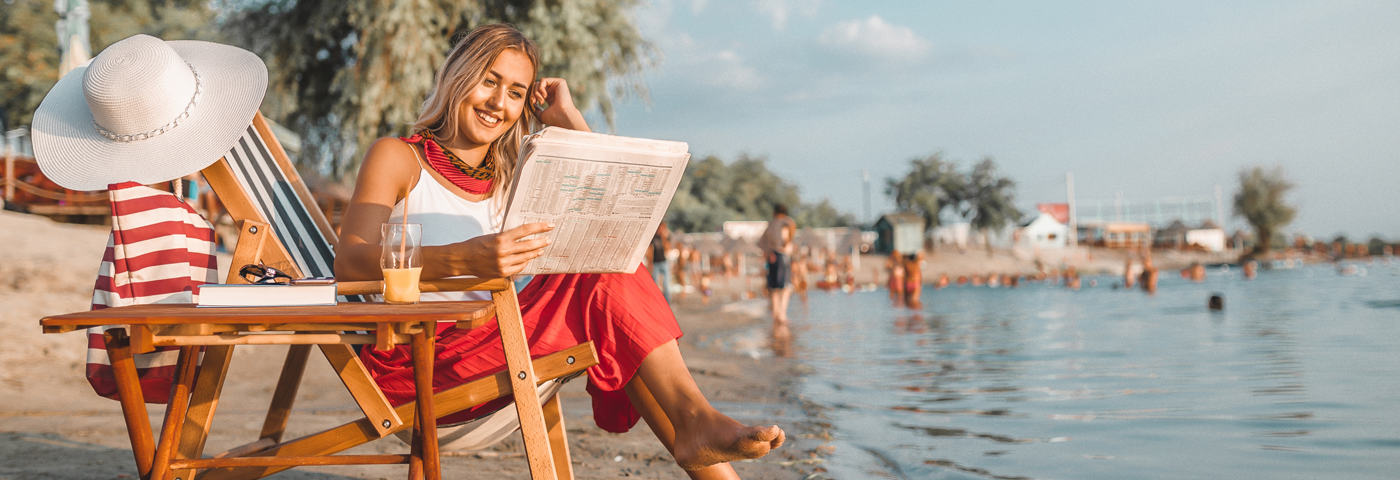“Can tourism help us find the stories we need?” I posed this question in my previous blog for this site. Since then several people have asked me what I think those stories should be. I’ve been thinking about my answer for the last few days, and I think the place I want to start is this: it depends who you ask.
In Australia a few years ago, my guide to Sydney was a young Aboriginal woman, working for a company called Dreamtime Southern X. As we stood on the edge of Sydney harbour, she didn’t share a story of how marvellous the city’s buildings were, but of the aboriginal sites that had been cleared to make way for them.
In Berlin, my tour guide Mohammed was a refugee from Syria, and he imaginatively used the tour to share stories of his home country – one I wasn’t about to visit right now. In Leeds, another refugee guide, this time from Kurdistan, shared his experiences of arriving here and starting again. In London, the homeless men and women who are guides for Unseen Tours gained dignity and income while revealing the secrets of the streets they know better than any of us.
At Bulungula in South Africa, the local community was empowered to run a lodge on their terms. With no professional training, they have learned to share their own stories the way they want to. It was here, in 2008, that I gained two lessons that have stuck with me ever since.
I had booked to join one of the village women on her Day in the Life of a Xhosa Woman tour. When I woke up, it was pouring with rain. When I asked my wife if maybe we could cancel, she made it clear to me that we would not be cancelling – we were here to learn what a village woman’s day was like, and this was it.
And then at the end of the day, when the sun had come back out and the three of us were sat on the hilltop looking across Bulungula’s lodge to the shore below, I told our guide how I thought her beach was one of the most beautiful I had ever seen. “I wouldn’t know”, she replied, “I’ve never been anywhere else”.
Privilege defines so many of tourism’s stories. It’s tourist privilege that is captured in a tweet doing the rounds at the moment, sharing an indignant review from a visitor to a Louisiana Plantation. The reviewer writes: “We didn’t come to hear a lecture on how white people treated slaves. We came to get this history of a southern plantation and a tour of the house and grounds.” It’s privilege that means 75% of UK flights are taken by 25% of people. And it is the privilege of many years of travel that enables me to tap into and share so many stories from the people I have been guided by.
What does all this mean for tourism’s new stories? I am sure we need to hear from many more marginalised voices much more often and honestly than we do. But, if we are challenging privilege, then shouldn’t we also challenge the assumption that all we need to do is better share the stories of the marginalised?
What about the stories of the powerful? The much told myths of progress and success? Don’t we also need to tell those stories more honestly too?

